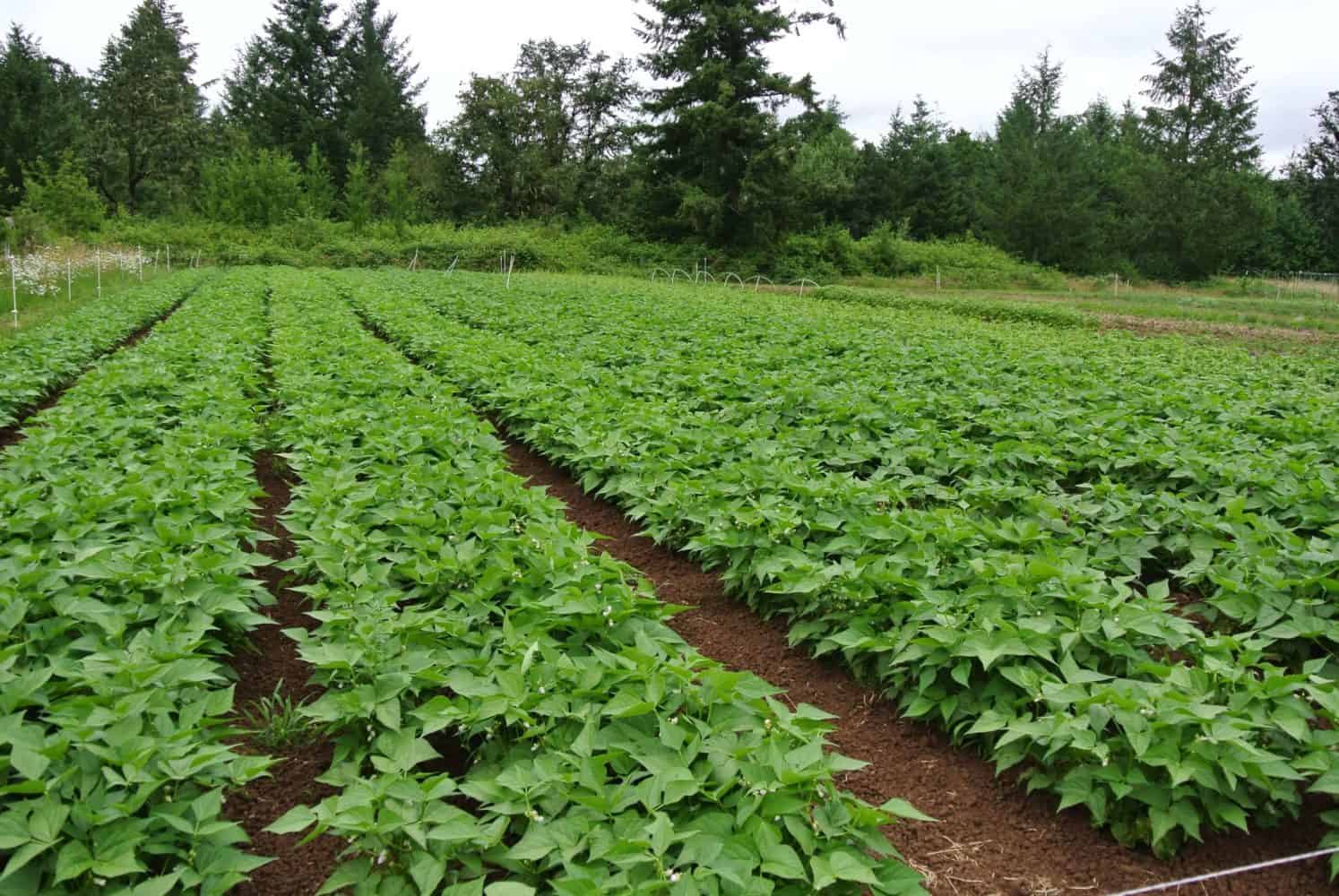
Organic farming is a technique, which involves the cultivation of plants and rearing of animals in natural ways. This process involves the use of biological materials, avoiding synthetic substances to maintain soil fertility and ecological balance thereby minimizing pollution and wastage.
The principal methods of organic farming include crop rotation, green manures and compost, biological pest control and mechanical cultivation.
Crop Rotation
Crop rotation is the practice of planting different crops sequentially on the same plot of land to improve soil health, optimize nutrients in the soil, and combat pest and weed pressure.It is a system of designing how to cycle a parcel of land through various crops, reducing the reliance on chemical fertilizers, pesticides and herbicides. It is how successful farmers nurtured their land over generations, and remains vitally important for farmers today wanting to nourish their local environment whilst growing good, healthy food.
A crop rotation will cycle through cash crops (such as vegetables), cover crops (grasses and cereals) and green manures (often legumes).
Manure
Manure is made from waste materials. The most commonly known manure comes from animal waste products like cow dung. When this manure is mixed with kitchen and garden waste, it is called compost manure. Manure helps improve water infiltration into the soil as well as its water holding capacity.
Green manure is made entirely from plant waste. When a crop is harvested, the plant is then directly chopped and mixed back into the field as it is being ploughed. If the plant was a legume, then green manure would add a rich source of nitrogen to the soil.
Biological pest control
This is the reduction of pest populations by natural enemies and typically involves an active human role. It is a method of restricting effects of harmful animals, pathogens and plants using other useful organisms, e.g. microorganisms, insects and plants that inhibit the harmful organisms. All insect species are also suppressed by naturally occurring organisms and environmental factors, with no human input. This is frequently referred to as natural control.
Natural enemies of insect pests, also known as biological control agents, include predators, parasitoids, and pathogens. Biological control of weeds includes insects and pathogens. Biological control agents of plant diseases are most often referred to as antagonists.
Mechanical Weed Control
The mechanical weed control is one of the oldest weed management methods that require the physical removal of weeds by mechanical equipment before planting the main crops or during the crop growing season. One of the most important factors in mechanical control of weeds is the management of soil cultivation practices. It is critical for managing weeds in organic systems. In organic row crops, such as corn or soybeans, mechanical cultivation is generally necessary for adequate weed control. Mechanical weed control includes the use of pre-plant tillage such as plowing, disking, and field cultivating.
Benefits of Organic Farming
1. Free from Chemicals and Pesticides
Farmers who follow organic principles do not add chemicals to improve or fasten its growth. Organic fruit and vegetables follow the seasonal cycle and are only available when they grow naturally. In our consumer-driven society, people expect any and every product all year round which leads to fruit and vegetables being grown outside of their season. They are more likely to require chemicals to aid their growth in that situation.
2. It is free from GMOs
Organic food is free from genetic modification. How do we know that genetically modified food is safe for consumption or the effects it can have on our bodies? The short answer is that we don’t. Eating real, organic food is the only way we know for sure that we cannot be negatively affected.
3. Organic produce is more sustainable
Organic produce typically comes directly from local farmers to you. It saves time, expense, travel and packaging. When we purchase local organic food, we decrease our carbon footprint as we are not supporting fruit and veg that has been shipped around the world via plane and truck.
4. It is seasonal
Certain fruit and vegetables grow at certain times of the year. It is nature’s way and it is more significant than you may think. By eating organic food, you are eating what is in season and what produce grows best during that time. Believe it or not, nature’s food is actually designed to support your body best when they grow.
5. It preserves the environment
By buying organic produce you are supporting seasonal produce which puts less pressure on our environment. It is easy to grow the natural way. By purchasing organic, we also ensure that no chemicals are being put into our air, water or soil. If we want to preserve our world for future generations, we need to make changes now to ensure its longevity.
6. Organic Farming Encourages Biodiversity
In general, the more biodiversity there is on a farm, the more stable the farm is. Organic farming encourages healthy biodiversity, which plays a critical role in how resilient, or not, a farm is to issues like bad weather, disease, and pests.
How can farmers integrate Organic farming
Before you plant your garden, protect your soil from erosion and compaction. This will improve soil quality and help your plants to grow healthier. To protect your soil, place a layer of organic matter into the topsoil. Organic matter can be compost or green manure to help create nutrient rich soil. Afterwards, you can integrate the methods of organic farming as we stated above. For any inquiries contact Mazero Agrifood on 0729777711.

